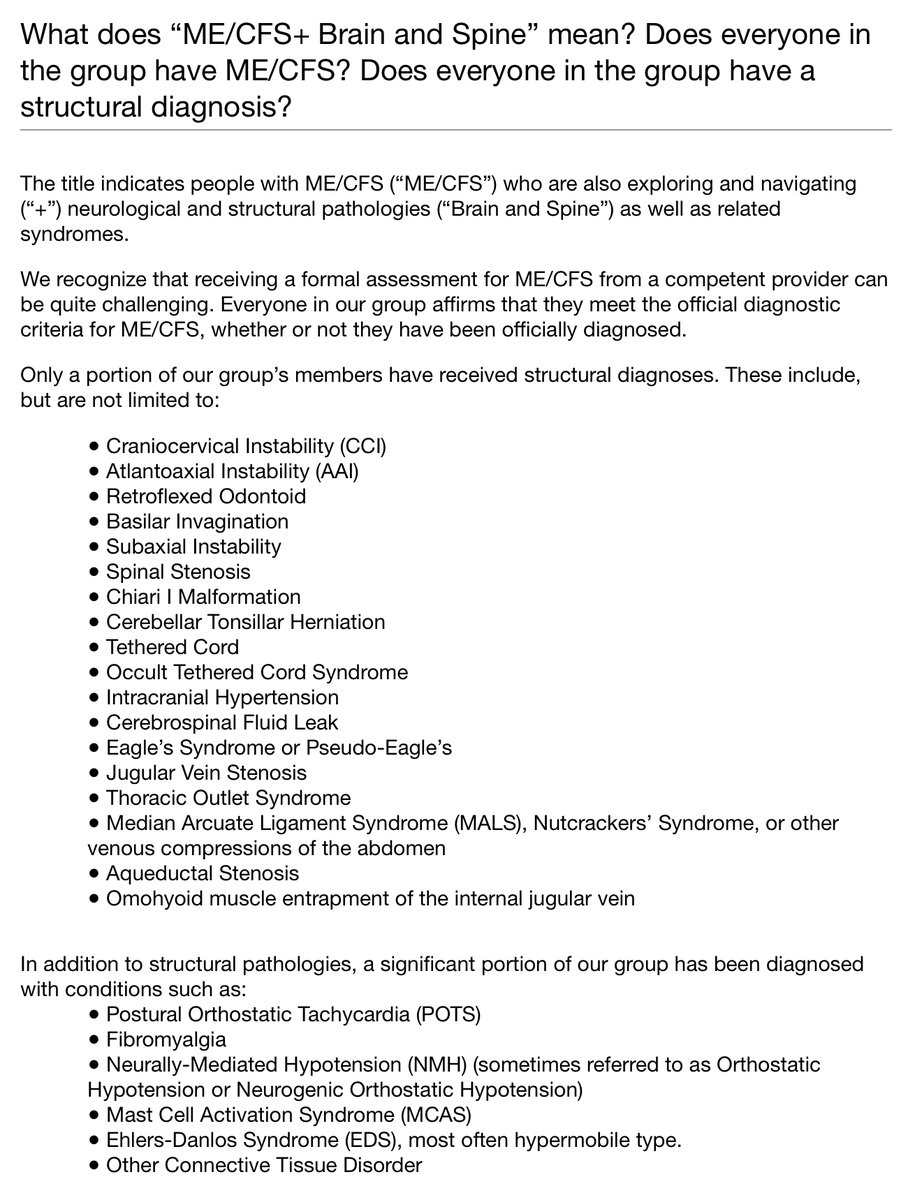
Yoga was a very bad idea🤦🏽♀️
I can walk 14 miles in a day (but don’t recommend it!). I was able to build up to doing vinyasas like I can kind of do vinyasa...but all that twisting stuff? Bad, bad.
The weird thing is, since doing it, I can essentially tug on the fascia in my feet via upper body motions. I got on a call earlier today with two friends who have EDS and started to say, ”I know this sounds weird, but...”
...and they both chimed in and said, “Yup, stuff like that happens all the time...” 🤯
• • •
Missing some Tweet in this thread? You can try to
force a refresh



